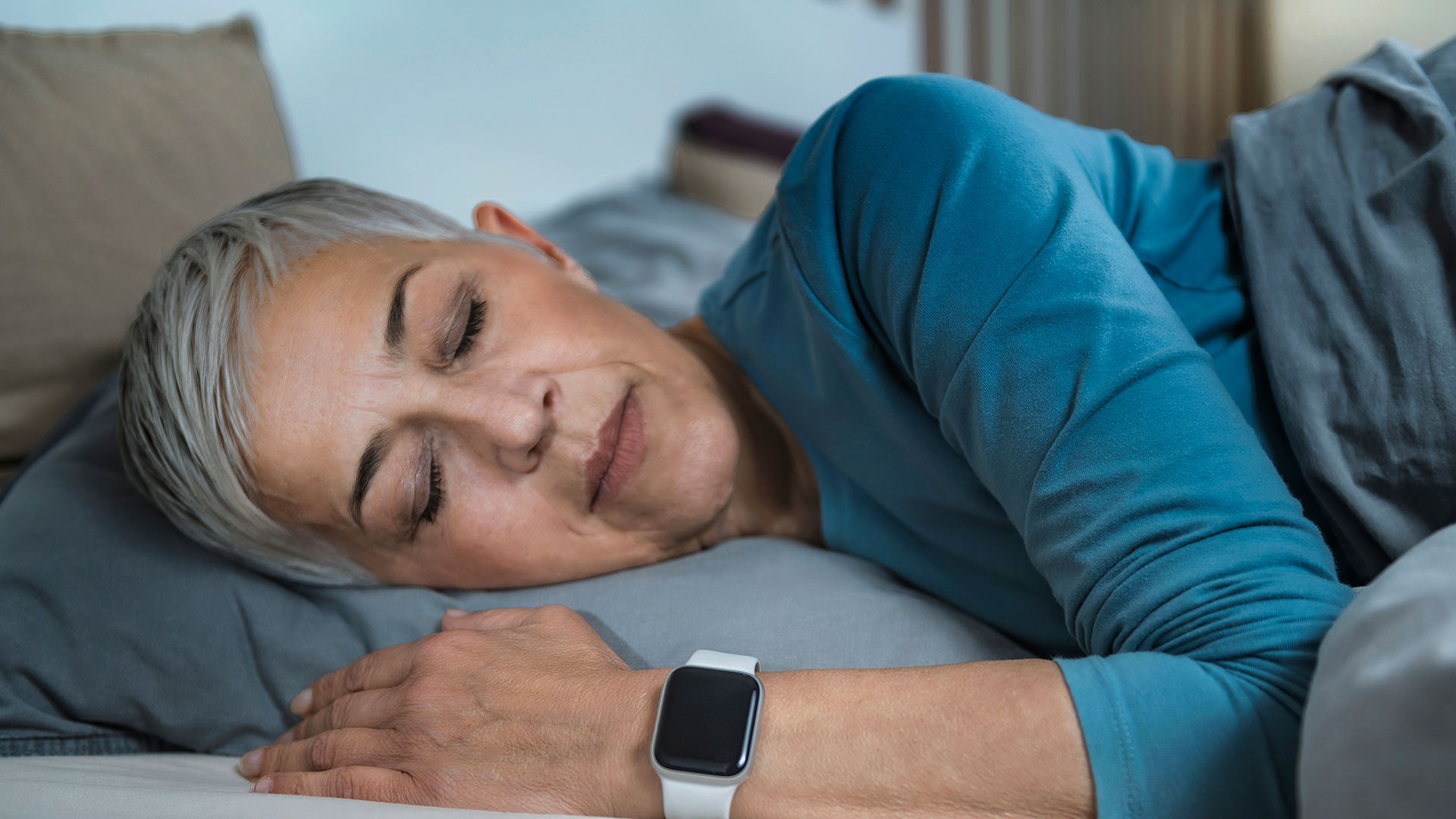If you're aged 38 plus, you should be getting 7 hours' sleep a night, not 8, finds major new study
More or less than seven hours linked to poorer mental health and cognitive decline


A lot of people have a lot of opinions on the best way to sleep, but one stat that gets bandied about frequently is that you should shoot for eight hours a night. However, a new large-scale study has found that – in the case of those aged 38-73 at least – the ideal amount of sleep per night is actually seven hours. More or less than that duration is linked with poorer cognitive performance and mental health.
The study, run by researchers from the University of Cambridge and Fudan University and published in Nature Aging and using data from the UK Biobank, looked at the sleep habits of 500,000 adults aged 38-73, primarily of European ancestry (94% white people). The aim of the research was to identify the optimal sleep duration, using genetic and cognitive factors, brain structure, and mental health as the key measures. Participants answered questions about their sleeping patterns and mental health, as well as undertaking a series of cognitive tests. The study also used brain imaging and genetic data from the majority of the study pool (40,000 participants) to draw its conclusions.
What are the downsides to sleeping more or less than that ideal seven hours? A longer or shorter sleep duration was linked with poorer cognitive performance, with participants scoring worse in tests assessing their problem-solving skills, memory skills, processing speed, and visual attention. Sleeping too much or too little also had implications for mental health, with those reporting sleeping outside the ideal seven hours also being more likely to show symptoms of depression or anxiety, as well as worse overall wellbeing. Consistency – sleeping the same amount each night – also had an impact, with more consistent sleepers yielding better results.
"While we can’t say conclusively that too little or too much sleep causes cognitive problems, our analysis looking at individuals over a longer period of time appears to support this idea. But the reasons why older people have poorer sleep appear to be complex, influenced by a combination of our genetic makeup and the structure of our brains," said one of the study's authors, Jianfeng Feng, as reported by the University of Cambridge.
Professor Barbara Sahakian, another study author from the University of Cambridge, added that, "Getting a good night’s sleep is important at all stages of life, but particularly as we age. Finding ways to improve sleep for older people could be crucial to helping them maintain good mental health and wellbeing and avoiding cognitive decline, particularly for patients with psychiatric disorders and dementias."
If you're struggling to get your full seven hours, and you think your bed is to blame, head to our best mattress guide to help you find the right upgrade for you. Some also find using a wakeup light, rather than traditional alarm clock, helps promote a more consistent sleep/wake cycle.
Get all the latest news, reviews, deals and buying guides on gorgeous tech, home and active products from the T3 experts

Ruth was T3's Outdoors and Wellness Editor from 2020 to 2022, covering hiking, camping and adventure sports kit, as well as mattresses, sleep accessories, yoga and general wellness. She's now a Homes Editor at sister site TechRadar, where she deals in all things air (vacuum cleaners, robovacs, fans and air purifiers), and hair (hair dryers, straighteners and stylers).